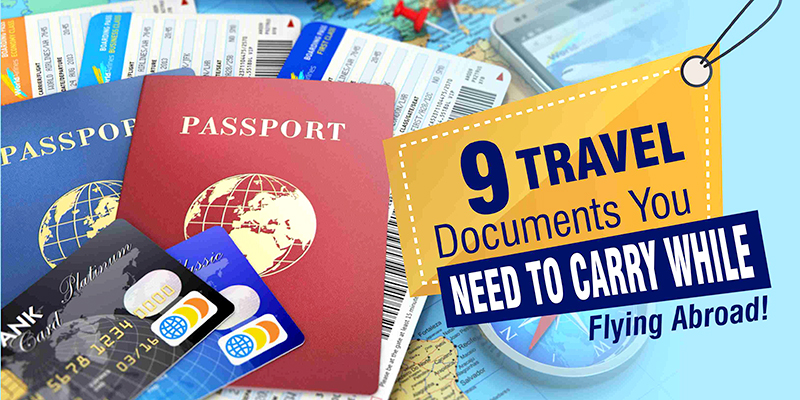Conditions for entry into Spain
Nationals of third States who travel to Spain for stays of up to 90 days (during any period of 180 days) for tourism, business, family visits, medical treatment, study, non-work internships or volunteer activities with a duration not exceeding 3 months, or for other non-gainful activities, must meet the entry conditions established in the Schengen Borders Code.
Entry requirements
- Enter via an authorized border-crossing point.
- Present proof of identity and a valid travel document.
- Present the corresponding visa if required, according to nationality.
- Provide evidence of meeting the conditions for the proposed stay and of possessing sufficient financial resources.
- Not be subject to a ban on entering Spain.
IMPORTANT WARNING: Due to the current pandemic caused by the Covid-19 virus, there may be restrictions on entry into Spain. This situation may be consulted in the News section or by contacting this Consular Office by email. Certain health requirements must also be met, the details of which are available on the following website: https://www.spth.gob.es/
Documents to present at the border
1. Valid passport or travel document: The document must be valid until three months after the planned date of departure from the Schengen territory, and must have been issued during the ten years immediately before the date of entry.
2. Visa: For certain nationalities, a valid visa is required. This visa will not be necessary if the interested party has a valid residence permit or a valid long-term visa issued by a Schengen State.
The nationalities requiring a visa are listed in Annex I of Regulation (EU) 2018/1806.
3. Documents accrediting the purpose and conditions of the planned stay: At the request of the competent authorities, the reasons and conditions of the planned stay must be accredited by documentary proof or other means.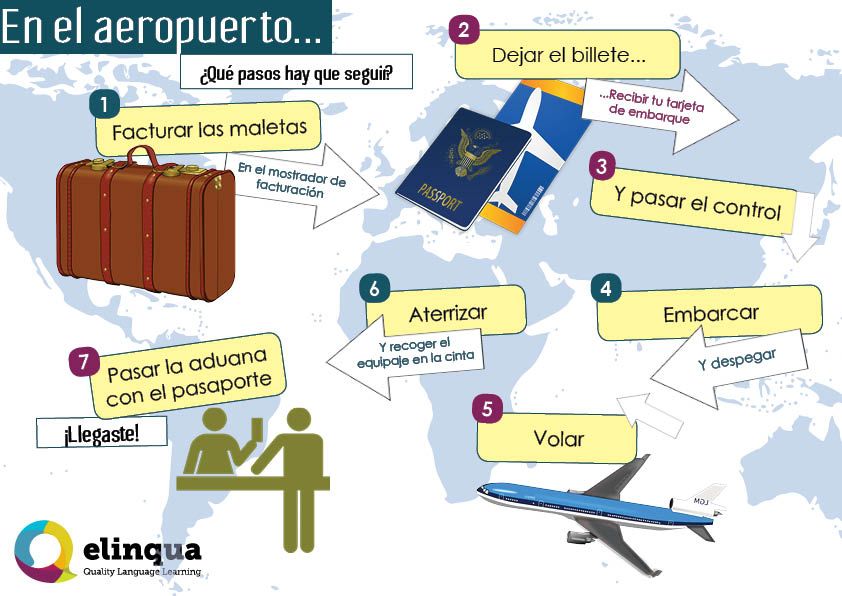
- Return or tourist circuit ticket, in all cases.
- For professional trips, the invitation from a company or authority to participate in a meeting, or documents that prove the existence of a relationship associated with professional activity, or access cards to a trade fair or congress.
- For tourist or private visits, the confirmed reservation of an organized trip, or proof of accommodation, or letter of invitation from a private individual (such a letter only proves the availability of accommodation and does not release the traveller from the obligation to meet the other requirements for entry). The proof of accommodation may indicate whether it includes all or part of the traveller’s living expenses.
- For study trips, training programmes, non-work internships or volunteer work with a duration of less than three months, enrolment documentation or proof of admission to an educational establishment or internship contract or proof of admission to a volunteer programme.
- For travel for other reasons, an invitation, reservation, programme or certificate of participation in related activities, entrance card/ticket, or receipt.
Accreditation of financial means
At the request of the competent authorities, the traveller must present proof of having sufficient financial means for the proposed stay or of the ability to legally obtain such means.
In 2020, the minimum amount required is 90 euros per person per day. In any case, and regardless of the length of stay, the traveller must have at least 810 euros or its equivalent in foreign currency.
Economic means may be accredited by presenting cash, traveller’s cheques, a credit card accompanied by a bank account statement, an up-to-date bank book, or any other resource that accredits the amount available, such as a credit statement regarding the card or bank account. Bank letters or online bank statements will not be accepted.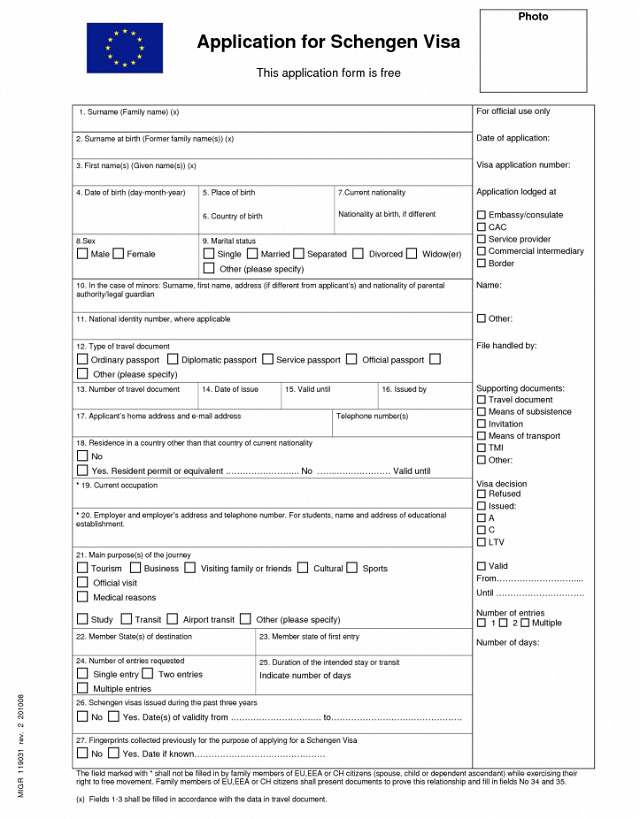
Entry authorization
Authorization to enter Spain may be granted to nationals of third States who have the necessary documentation, including, where appropriate, a visa, and sufficient financial means, and who are not subject to an entry ban and do not pose a danger to public order, the internal or external security of the State, or public health.
Denial of entry
The competent authorities will deny entry to nationals of third States who do not meet the entry requirements or who are subject to an entry ban. Entry may also be denied if, in the previous 180 days, the traveller has exhausted the 90-day period for authorized stay in the Schengen area.
The denial of entry will be notified by means of a reasoned decision, together with information on the procedure for appealing against this decision, in accordance with Spanish regulations. However, filing an appeal does not suspend the effects of the denial of entry.
Citizens of the European Union, Iceland, Liechtenstein, Norway, and Switzerland, and their family members
Citizens of the Member States of the European Union, and citizens of Iceland, Liechtenstein, Norway, and Switzerland, may enter Spain with their national identity card or with a valid passport.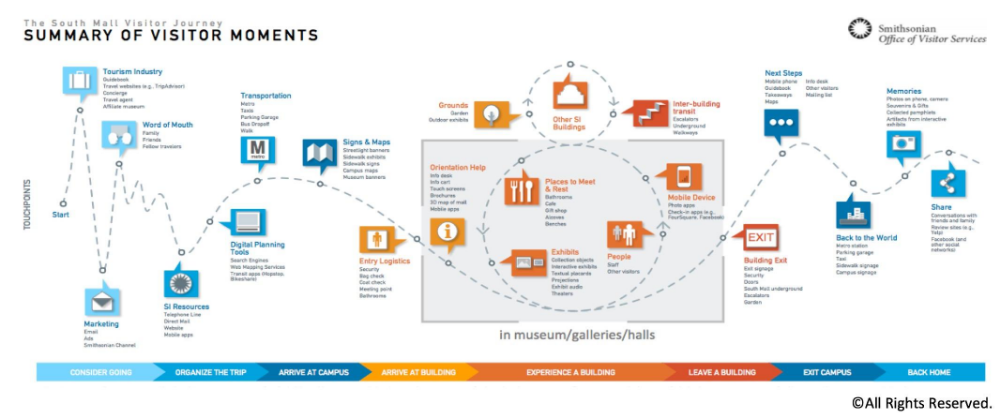
Family members who are not nationals of a Member State of the European Union or of Iceland, Liechtenstein, Norway, or Switzerland may enter with a valid passport. Depending on their nationality, they may need an entry visa, unless they have a valid residence card as the relative of a European Union citizen.
Relevant legislation
- Regulation (EU) 2016/399 of the European Parliament and of the Council of 9 March 2016 on a Union Code on the rules governing the movement of persons across borders (Schengen Borders Code).
- Regulation (EU) 2018/1806 of the European Parliament and of the Council of 14 November 2018 listing the third countries whose nationals must be in possession of visas when crossing the external borders and those whose nationals are exempt from that requirement.
- Royal Decree 240/2007, of 16 February, on the entry, free movement and residence in Spain of citizens of the Member States of the European Union and of other States party to the Agreement on the European Economic Area.
Travel Restrictions and Entry Requirements
Is It Safe To Travel To Spain Right Now?
According to the US Bureau of Consular affairs, Spain is classified as a Level 2 district. Meaning, you should exercise increased caution. For full transparency, Spain is classified as level 2 due to terrorism and civil unrest. However, as of yet, only increased caution is advised.
As for COVID-19:
It’s best to follow common health practices such as sanitizing, social distancing, wearing masks, and other regulations implemented by the government. Even so, covid cases around the globe are starting to decline and tourism is slowly returning back to normal. International governments have implemented standard covid protocol for all inbound travelers to ensure the safety of tourist and locals. As such, traveling abroad has become more safe overall.
Can US Green Card Holders Travel To Spain Without A Specific Visa?
Sadly, US Green Card holders do not enjoy the same visa-free travel benefits as US citizens.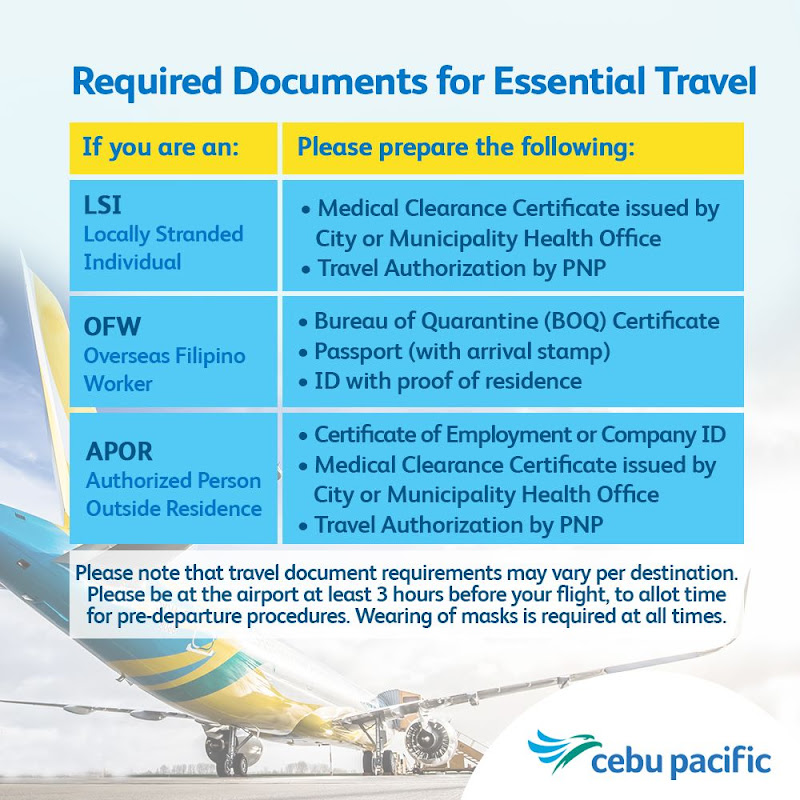
Do Citizens From Canada Enjoy Visa-Free Travel?
Yes. Like American citizens, Canadian citizens also enjoy the benefit of visa-free travel to Spain; they also need to meet the Spain entry requirements too.
Do You Need A Visa To Go To Spain?
No. US citizens enjoy visa-free travel to Spain. As such, US citizens do not need a visa to go to Spain. Currently there is no Spain Visa for US citizens, unless you’re a US Green Card Holder. Keep in mind that US Green Card Holders might have to apply for a visa if their country of origin does not enjoy visa-free travel to Spain.
What Are Spain ‘s Health And Travel Restrictions?
Due to the global coronavirus pandemic, Spain has implemented strict health restrictions to ensure the safety of travelers and residents.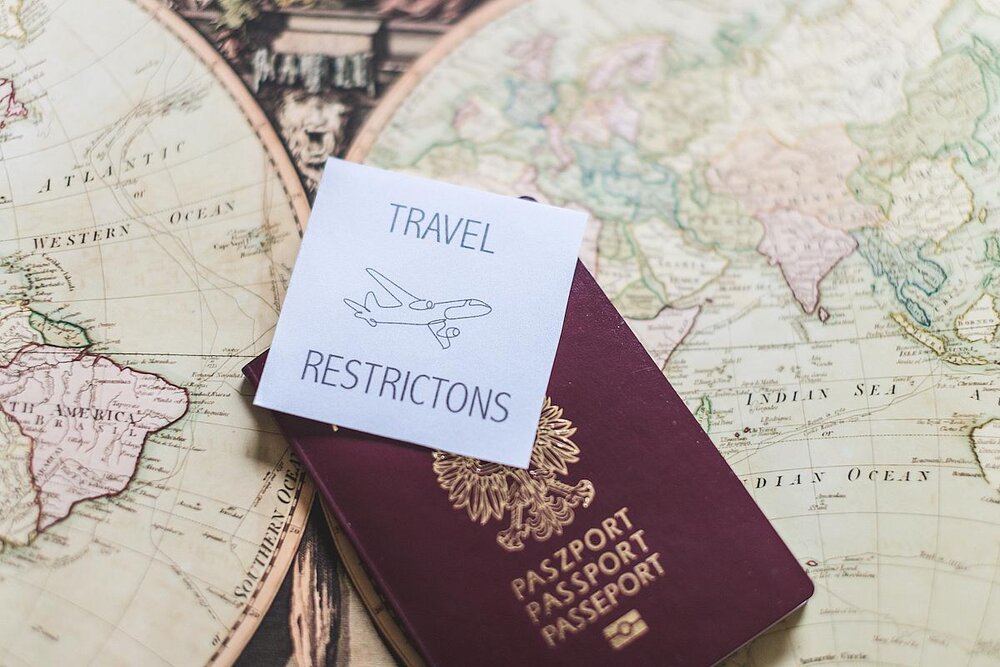
Do I Need A COVID-19 Test When Returning To The US?
Yes. You’ll need to present a negative viral COVID-19 test result taken 3 days before flying back to the US.
Do I Need To Be Vaccinated Before Traveling To Spain?
Yes. If you are traveling to Spain from the US for non-essential purposes (such as tourism or short business trips) you’ll need to be vaccinated.
There are certain types of travelers who exempt from having the vaccine when traveling to Spain. To learn more about who is exempt from having the vaccine you can check the official Spain Ministry of Health website. Those who are exempt from having the vaccine should do a PCR test and present the negative results.
What Are The COVID-19 Testing Requirements?
Unvaccinated travelers from the US must present a negative COVID-19 test.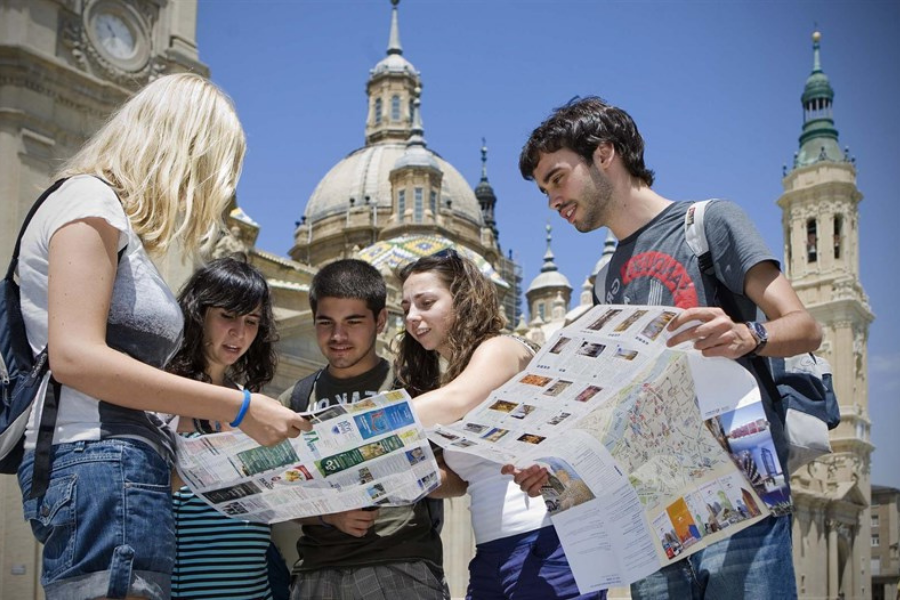
Vaccinated travelers only need to present an approved vaccination certificate.
Children who are under the age of 6 do not require to present a negative PCR test.
Do I Need To Quarantine Once I Arrive In Spain?
No. There is no mandatory quarantine requirements for visitors arriving in Spain.
What Do COVID-19 Tests Cost In Spain?
For an antigen test, you can expect to pay around €30.
For a PCR test from a private medical facility, you can expect to pay around €120.
When Will A COVID-19 Testing Waiver Be Given?
The CDC will grant waivers to the testing requirements on a limited basis. Only in cases where extreme emergency travel is required (like an emergency medical evacuation) and testing can’t be completed before travel will the CDC waiver testing requirements.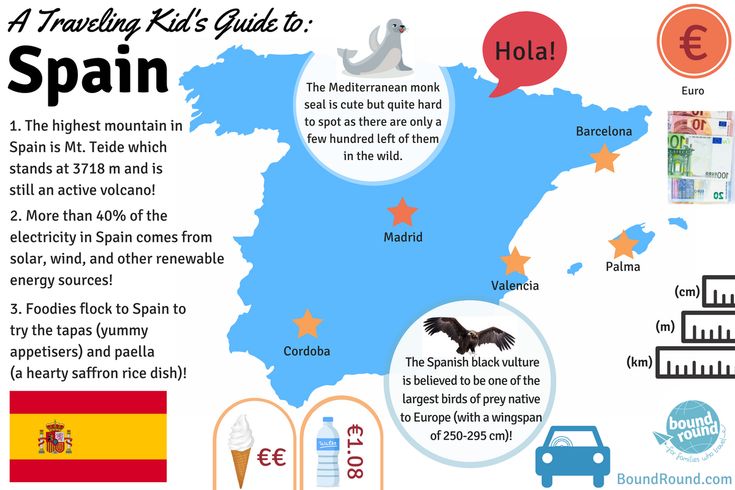
What Vaccination Certificates Are Recognized By Spain?
Spanish authorities have announced that all vaccines that have been approved by the European Medicines Agency (EMA) and the World Health Organization (WHO) will be accepted when traveling to Spain. These include the following:
- Comirnaty – Pfizer/BioNTech Manufacturing GmbH.
- Vaxzevria – AstraZeneca
- AstraZeneca/SK Bio, SK Bioscience Co. Ltd.
- Vaccine AstraZeneca (Covishield™), Serum Institute of India Pvt. Ltd.
- Janssen-Cilag International NV.
- Spikevax; mRNA-1273), Moderna Biotech
- Vero Cell – Sinopharm/Beijing Institute of Biological Products Co., Ltd.
- Sinovac-CoronaVac (Vero Cell), Sinovac Life Sciences Co., Ltd.
Can I Travel To Other Countries In Europe When Visiting Spain?
Yes. It is possible for vaccinated Americans to visit any one of the Schengen Territories when in Europe.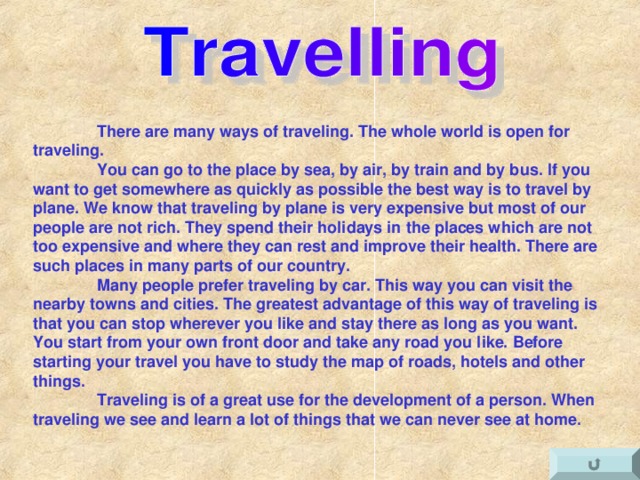
Other Schengen member states you can visit include: Austria, Belgium, Czech Republic, Denmark, Estonia, Finland, France, Germany, Greece, Hungary, Iceland, Italy, Latvia, Liechtenstein, Lithuania, Luxembourg, Malta, Netherlands, Norway, Poland, Portugal, Slovakia, Slovenia, Spain, Sweden, and Switzerland
Note that the CDC has indicated that Spain and Andorra are high risk areas. Visitors should implement relevant safety precautions when traveling.
Conditions for entry into Spain
Third-country nationals who travel to Spain for a period of up to 90 days (in any period of 180 days) for the purpose of tourism, business, family visits, medical treatment, studies, non-working practice or volunteer activities of less than 3 months , or for other non-commercial activities, must do so in the manner and under the conditions of entry established by the Schengen Border Code.
Entry requirements
IMPORTANT INFO: By Order 452/2022 of the Ministry of the Interior of 20 May, Spain amends Order INT/657/2020 of 17 July and the criteria applied for temporarily restricting non-essential travel from third countries to the EU .
Therefore, from May 21, 2022, travelers from third countries (including the Russian Federation) will be able to enter Spain with a valid passport and valid visa, with a COVID vaccination certificate recognized by the Spanish Ministry of Health; a certificate of illness recognized by the Spanish Ministry of Health; or a negative PCR test taken no earlier than 72 hours before departure.
The Ministry of Health recognizes vaccination certificates for vaccines approved by WHO and EMA.
More information is available at the following link:
New amendments to order INT/657/2020, conditions for entry into Spain from third countries.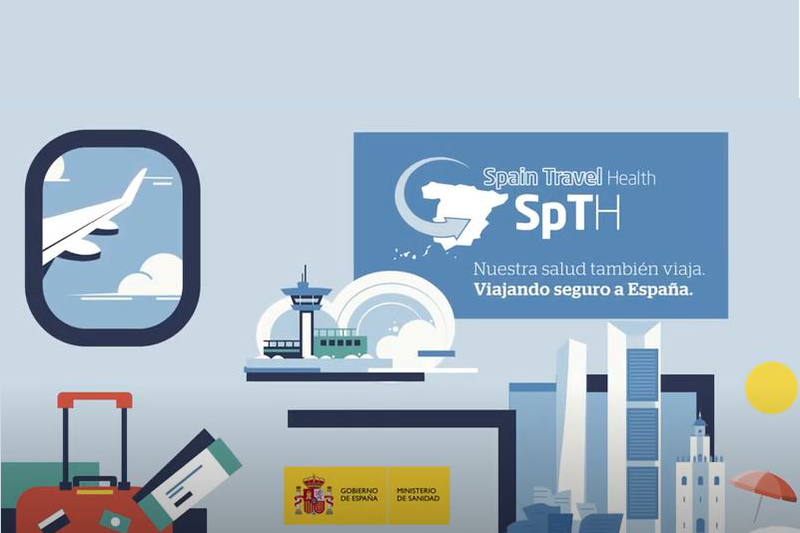
2. Visa: Citizens of certain countries require a valid and valid visa to stay. A stay visa is not required if the person concerned has a valid residence permit or a valid long-stay visa issued by a Schengen state.
The list of countries whose nationals require a visa to stay is listed in Annex I of Regulation (EU) 2018/1806.
3. Documents confirming the purpose and conditions of the planned stay: at the request of the competent authorities, the reasons and conditions for the planned stay must be justified by providing any documents or supporting means. This may require the presentation of the following documents, among others:
-
For professional travel, an invitation from a company or authority to attend meetings, or documents confirming a relationship related to a professional activity, or access cards to fairs and congresses .
-
For tourism or private travel, confirmation of booking an organized trip, or proof of accommodation, or letter of invitation from an individual (the letter of invitation only confirms accommodation and does not replace the accreditation of other entry requirements). The proof of accommodation may indicate whether it covers all or part of the funds needed for the stay.
-
For study, study, non-working internships or volunteer travel of less than 3 months, an application for admission, or confirmation of entrance examinations at the training center, an internship agreement or confirmation of participation in a volunteer program is required.
-
Travel for other purposes requires invitations, bookings or programs, or certificates of participation in activities associated with the trip, entrance tickets or receipts for participation fees.
Proof of financial means
At the request of the competent authorities, it is necessary to confirm the availability of sufficient funds for the intended stay, or the ability to obtain them legally.
In 2020, the minimum amount required was 90 euros per person per day. In any case, and regardless of the number of days of stay, a minimum amount of EUR 810 or its foreign currency equivalent is required.
Funds may be verified by presenting cash, traveler’s checks, credit cards accompanied by a bank statement, an updated bankbook, or any other means of verifying the amount, such as a credit card or bank account. Letters or online bank statements are not considered valid.
Entry permit
The entry into Spain of third-country nationals may be permitted with the necessary documentation, including, where appropriate, a visa, and with sufficient financial resources. These persons shall not be barred from entry and shall not pose a danger to public order, the internal order or external security of the state, or public health.
Refusal of entry
The competent authorities deny entry to third-country nationals who do not meet entry requirements or are subject to an entry ban.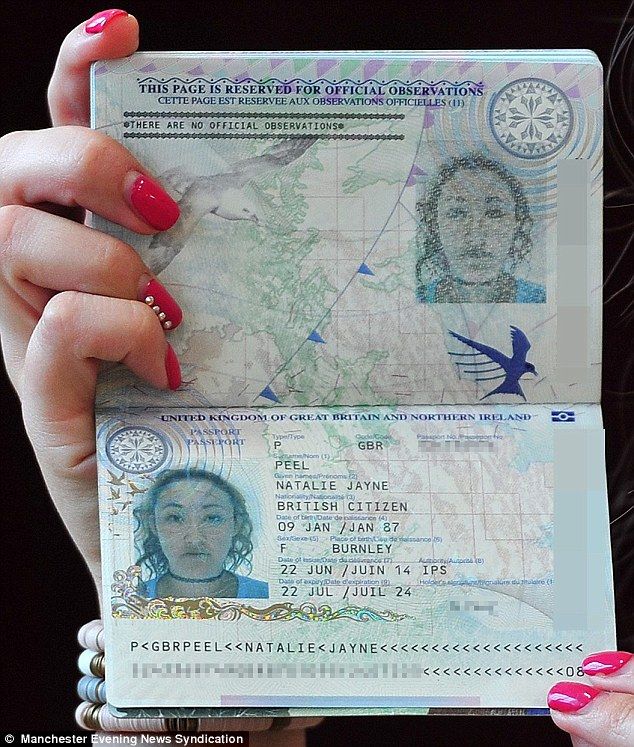
Refusal of entry is communicated through a reasoned decision, which contains information on appeals that can be filed under Spanish regulations. Filing an appeal does not suspend the denial of entry.
Citizens of the European Union, Iceland, Liechtenstein, Norway and Switzerland and their families a valid and valid passport. Minors arriving with an identity document and not accompanied by a parent require permission from a parent.
Family members who do not have the citizenship of the Member States of the European Union or Iceland, Liechtenstein, Norway and Switzerland can enter with a valid and valid passport. Depending on their nationality, they may require an entry visa if they do not have a valid and valid residence permit card as a relative of a Union citizen.
Basic provisions
- Regulation (EU) 2016/399 of the European Parliament and of the Council of 9March 2016 establishing the Union Code on the rules governing the movement of people across borders (the Schengen Borders Code).
-
Regulation (EU) 2018/1806 of the European Parliament and of the Council of 14 November 2018 establishing a list of third countries whose nationals require a visa to cross external borders and a list of third countries whose nationals are exempted from this obligation.
-
Royal Decree 240/2007 of 16 February on the entry, free movement and residence in Spain of nationals of the member states of the European Union and other states party to the Agreement on the European Economic Area.
Conditions of entry into Spain
Third-country nationals who travel to Spain for a period of up to 90 days (in any period of 180 days) for the purpose of tourism, business, family visits, medical treatment, studies, non-working practice or volunteer activities less than 3 months, or for other non-commercial activities, must do so in the manner and under the conditions of entry established by the Schengen Border Code.
Entry requirements
-
Entry must be made through one of the established points.
-
Proof of identity is required by presenting a valid and valid document.
-
Citizens of some countries require a visa to enter the country.
-
The conditions of the planned stay and the availability of funds must be confirmed.
-
Do not have travel bans.
Documents to be presented at the border .
2. Visa: Citizens of certain countries require a valid and valid visa to stay. A stay visa is not required if the person concerned has a valid residence permit or a valid long-stay visa issued by a Schengen state.
The list of countries whose nationals require a visa to stay is listed in Annex I of Regulation (EU) 2018/1806.
3. Documents confirming the purpose and conditions of the planned stay: at the request of the competent authorities, the reasons and conditions for the planned stay must be justified by providing any documents or supporting means.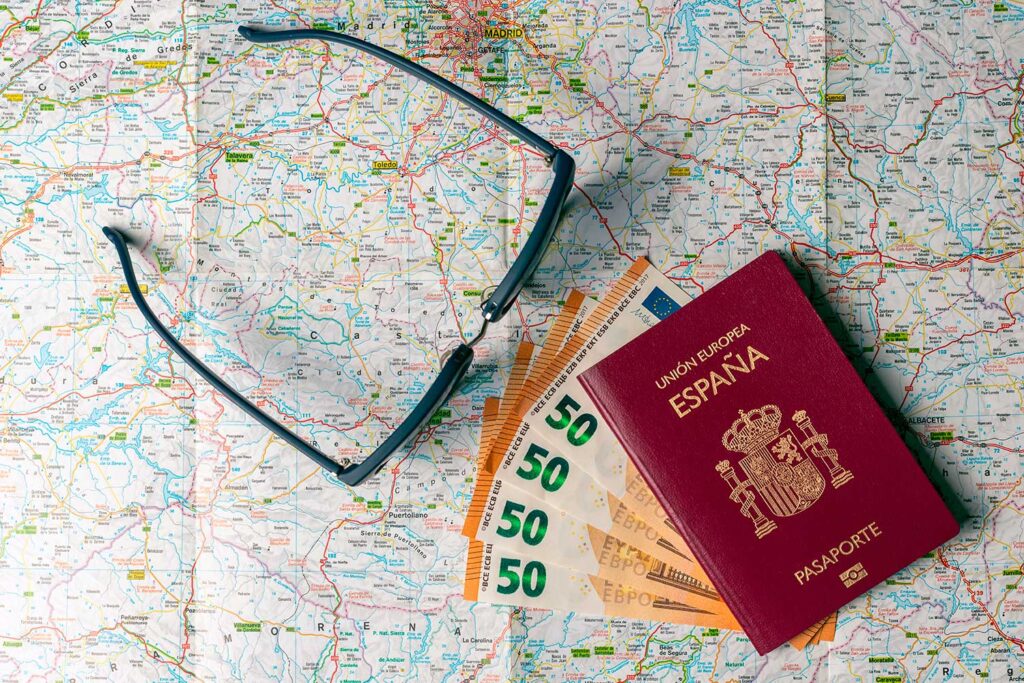
-
For professional travel, an invitation from a company or authority to attend meetings, or documents confirming a relationship related to a professional activity, or access cards to fairs and congresses .
-
For tourism or private travel, confirmation of booking an organized trip, or proof of accommodation, or letter of invitation from an individual (the letter of invitation only confirms accommodation and does not replace the accreditation of other entry requirements). The proof of accommodation may indicate whether it covers all or part of the funds needed for the stay.
-
For study, study, non-working internships or volunteer travel of less than 3 months, an application for admission, or confirmation of entrance examinations at the training center, an internship agreement or confirmation of participation in a volunteer program is required.
-
Travel for other purposes requires invitations, bookings or programs, or certificates of participation in activities associated with the trip, entrance tickets or receipts for payment of participation.
Evidence of funds
In 2023, the minimum amount required was 108 euros per person per day. In any case, and regardless of the number of days of stay, a minimum amount of EUR 972 or its foreign currency equivalent is required.
Funds may be verified by presenting cash, traveler’s checks, credit cards accompanied by a bank statement, an updated bankbook, or any other means of verifying the amount, such as a credit card or bank account. Letters or online bank statements are not considered valid.
Entry Permit
The entry into Spain of third-country nationals may be permitted with the necessary documentation, including, where appropriate, a visa, and with sufficient financial resources. These persons shall not be barred from entry and shall not pose a danger to public order, the internal order or external security of the state, or public health.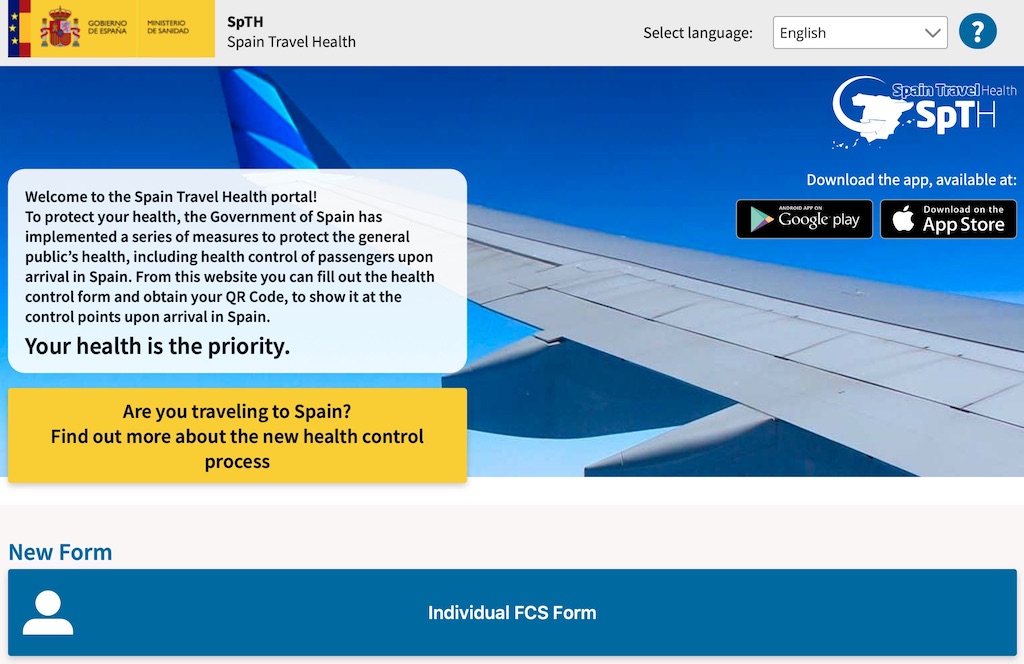
Refusal of entry
Competent authorities deny entry to third-country nationals who do not meet entry requirements or are subject to an entry ban. Entry may also be denied due to the exhaustion of the limit at 90 days of permitted stay in the Schengen area within a period of 180 days.
Refusal of entry is communicated through a reasoned decision, which contains information on appeals that can be filed under Spanish regulations. Filing an appeal does not suspend the denial of entry.
Citizens of the European Union, Iceland, Liechtenstein, Norway and Switzerland and their families . Minors arriving with an identity document and not accompanied by a parent require permission from a parent.
Family members who do not have the citizenship of the Member States of the European Union or Iceland, Liechtenstein, Norway and Switzerland can enter with a valid and valid passport. Depending on their nationality, they may require an entry visa if they do not have a valid and valid residence permit card as a relative of a Union citizen.





